With the emergence of the world's first state formations, kingdoms, principalities, and a group of settlements, there was such a necessary duty as taxes. And for hundreds of years ago, the governments of different countries tried hard as much as possible to increase the size of these taxes from every individual. Sometimes, for the sake of enriching invented so absurd and unusual taxes that their absurdity can cause considerable surprise.
1. Tax on life
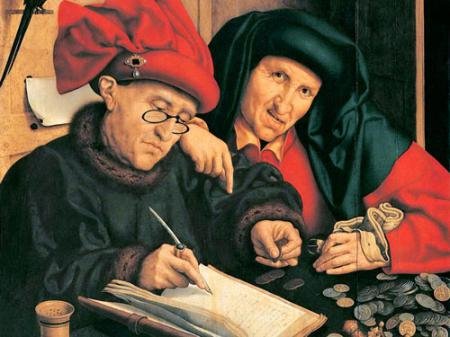
It must be the most cherished and most cherished dream of the tax authorities of all the nations of the world - a tax on life, because it is, in fact, will be forced to pay for every living person. Surprisingly, for such a tax law has indeed been introduced in the UK in the XIV century. But despite all repression, he broke out a large-scale riot and extravagant law was soon repealed.
2. Payment for playing cards

But this did not stop the British monarchs. Several centuries later, namely in the 17th century, the king of the kingdom of England, James invented a very original way to improve the welfare of the state. So, in those days, the most popular entertainment was a game of cards among different segments of society. Noticing this, the monarch pointed to each person who has a game deck, paying an unusual tax. When you pay money for Ace Peak raised about paying special icon. If the inspectors did not find it, you impose a large fine from violators.
3. Fee for freedom

Today, it may seem strange, but in Roman times, each freed from the bondage of a slave could not, by definition, be considered fully free and was obliged to regularly pay the tax for their freedom. That is the will to gain the cherished person should first pay off the money from the owner to consistently make payments to Rome in the future.
4. Tax on necessary needs

Do you know the origin of the famous phrase, "Money does not smell"? It turns out that this saying originated in the early n. e. in the same ancient Rome. Thus, the emperor Vespesian have with anyone who will visit the public toilets, to charge a fee. And since that time these institutions have only begun to emerge, then the people got a lot of popularity, and even used as a place for meetings. Learning about such laws, the son of the Emperor strongly protested such an unusual tax. And then his father picked up the coin and by bringing them to the bow son, said the famous "Money does not smell."
5. Payment for the ears
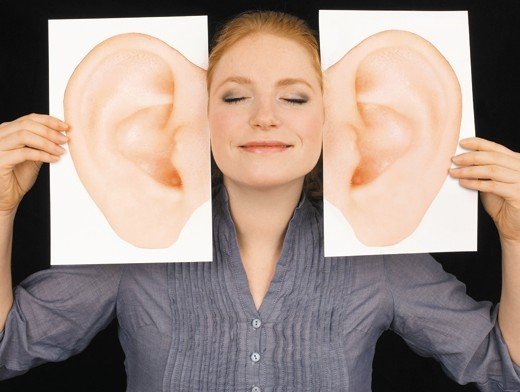
No less strange tax was temporarily introduced during 1920 in Tibet. Thus, according to the records of Chinese researchers at the time, each household pays a certain amount of silver from each ear of human or livestock. In this case, if payment of the tax offender could literally rob ears. However, as a consolation of such an unhappy exempt from taxation in the future.
6. An unusual world tax

The Republic of Guinea is not only considered one of the most impoverished countries in West Africa, but the entire world. Nevertheless, its citizens are obliged to pay an annual tax for the world. And this despite the fact that the country has for many years do not take part in any combat operations. So, every year of age Guinean, among other benefits, the State is obliged to pay the tax for the world in the amount of 17 euros, which is quite appreciable sum for the citizens of this country.
7. Fee for beard
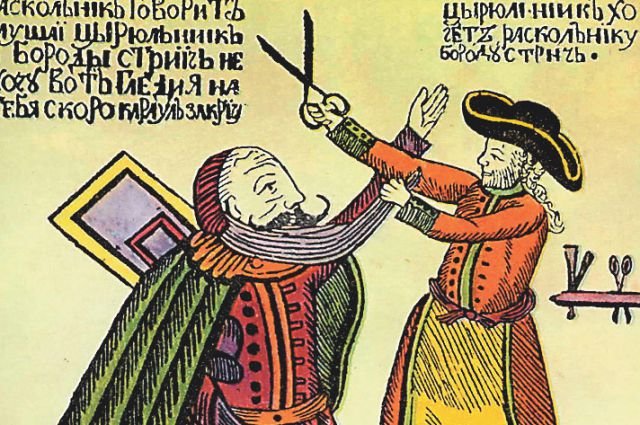
Speaking about the most extraordinary taxes, of course, it is worth mentioning Russia. So, the world-famous Emperor Peter I, after his stay in Europe for repatriation (1705) introduced a tax on beards. However, the governor issued the decree is no longer in order to replenish the treasury and to give the people of the European species. Peter believed that all bearded, and in those days, almost every Russian man wearing fluffy beard, look savage, and it is imperative to correct. Anyone who is paid by such an unusual tax, was given a special copper or silver coin with eagle stamp on the one hand, and on the other with the image of a beard. Without such a "Sign beard" no one had the right to wear even a modest facial hair.
A similar tax was introduced earlier in England in 1535 by King Henry VIII. The monarch had a very thick beard, and so loved it that he ordered all the subjects that have any beard, to pay for her board. However, the tax is charged only with the higher strata of society and only with a two-week beard.
8. Unusual tax on plaster

As is well known, Austria is one of the most popular countries in Europe among lovers of skiing and snowboarding. Thus every tourist at the entrance to the state, in addition to health insurance, is obliged to pay the tax for their future treatment. The fact that the local mountains receive annually fractures and injuries of varying severity over 150,000 aliens who are required to treat the Austrian doctors. By counting on what is the cost of this treatment, the government decided to introduce a new tax on all visitors to pay for their own future care.
9. Tax on hats
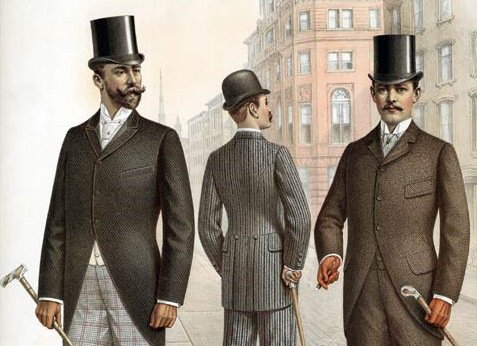
This is a very unusual tax was introduced in the period from 1784 to 1811. Thus, British Prime Minister William Pitt the Younger decided to replenish the state treasury an easy way, taking into account the appropriate level of public revenue. It was assumed that a hat or popular in those days, graceful pots, as well as other elements of a business suit, were mostly only wealthy people. Poor people usually do do without headgear. Thus, each retailer of hats was required to be purchased for £ 2 (for London), or 5 shillings (for trade in other areas of the country) a special license. But apart from this, such unusual impose taxes themselves and buyers, who wore hats later. If someone forged stamp on the payment, it expected the death penalty.
10. Taxation for the eye color

In connection with the struggle for the purity of marriage in the 18th century Bashkirian government decided a new decree, according to which people with different eye color have had to pay a certain sum to the treasury. Thus, indigenous people with jet-black pupils paid almost nothing. But people with green, blue or gray eyes were obliged to regularly give a significant amount of his own pocket. The most serious burden proved to albinos, which at that time was quite a lot.
11. Tax on the sun

Since 2000, the territory of the Balearic Islands has a very unusual tax, which is called - the taxation of the sun. For each visitor to Majorca, Ibiza, Minorca or another island of the archipelago tourist must pay for 1 euro a day. All accumulated thanks to the "sun" raising funds go exclusively to the restoration of the ecological balance, clean beaches and the sea of debris, as well as improved tourism infrastructure itself. At least, so say the local authorities. It should be noted that this part of the island does not feel special budget shortage of finances, as here every year arrive more than 2.5 million holidaymakers.
12. A tax on the shadow
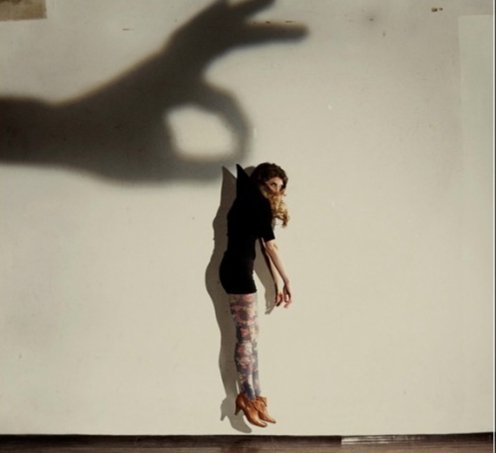
Since 1993, in Venice operates a shadow tax. For all owners of buildings and structures, whose shadow falls on the municipality land, you are required to pay for this tax. On hearing this, some businessmen dismantled visors and sheds with different facades and others and to this day continue to replenish the city's budget. It is worth noting that the tax you have to pay not only solar, but even on cloudy days, and the last in this part of Italy is much more likely to happen.
I heard about Gift tax and thought it was weird.. But now.. Oh my...
"Tax on the Sun" and "Tax on the shadow" ??!? Woah.. :D :D :D
"Tax on the eye color", I mean, why didn't people shot them :D :p
Awesome article.. Upvote incoming as well as a follow.. :)
Downvoting a post can decrease pending rewards and make it less visible. Common reasons:
Submit